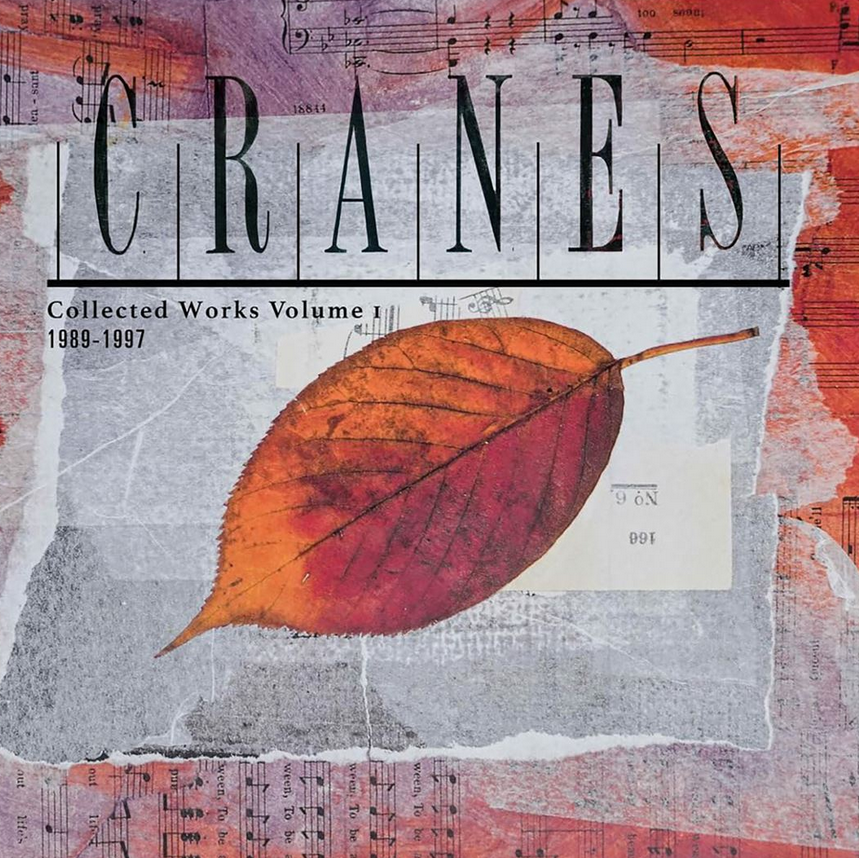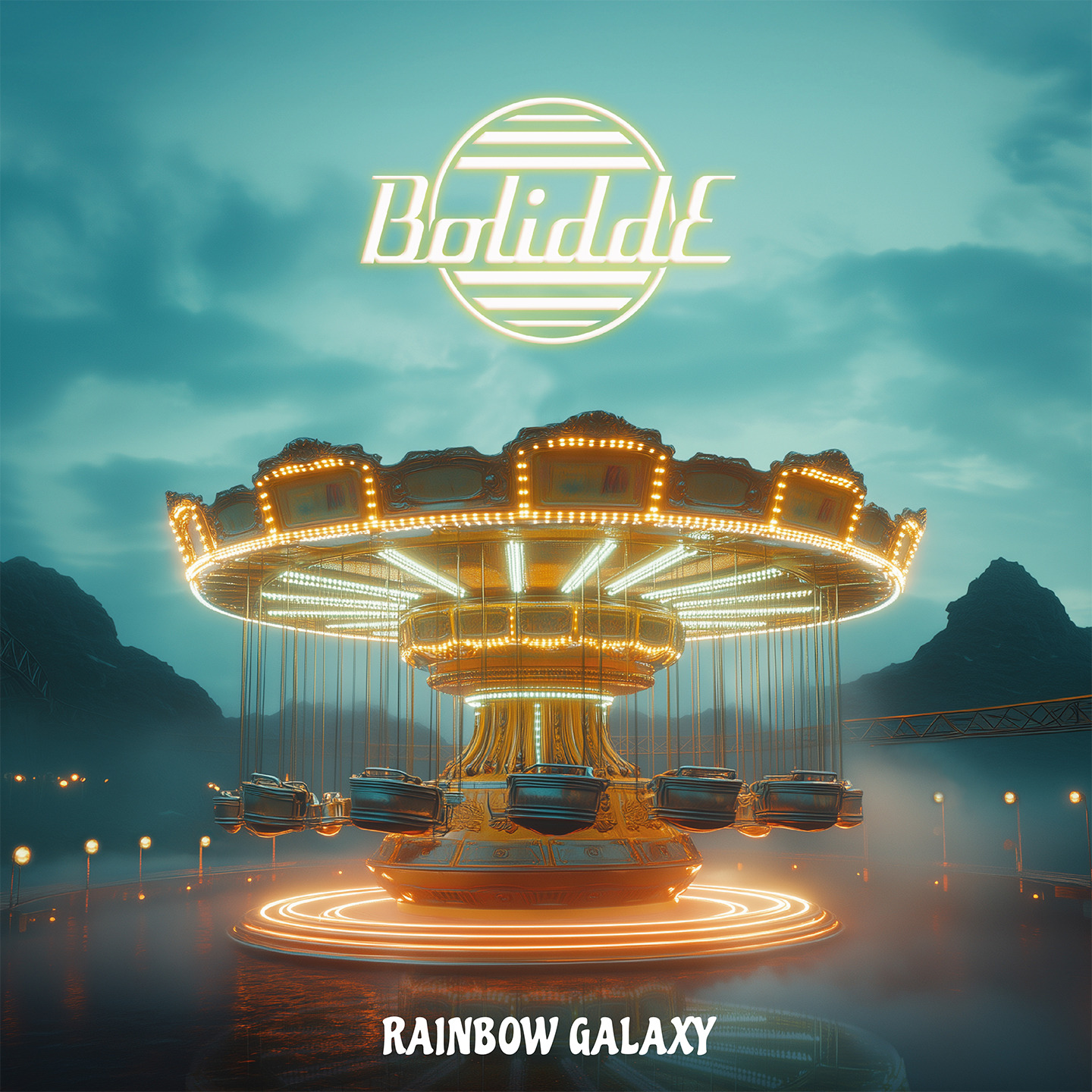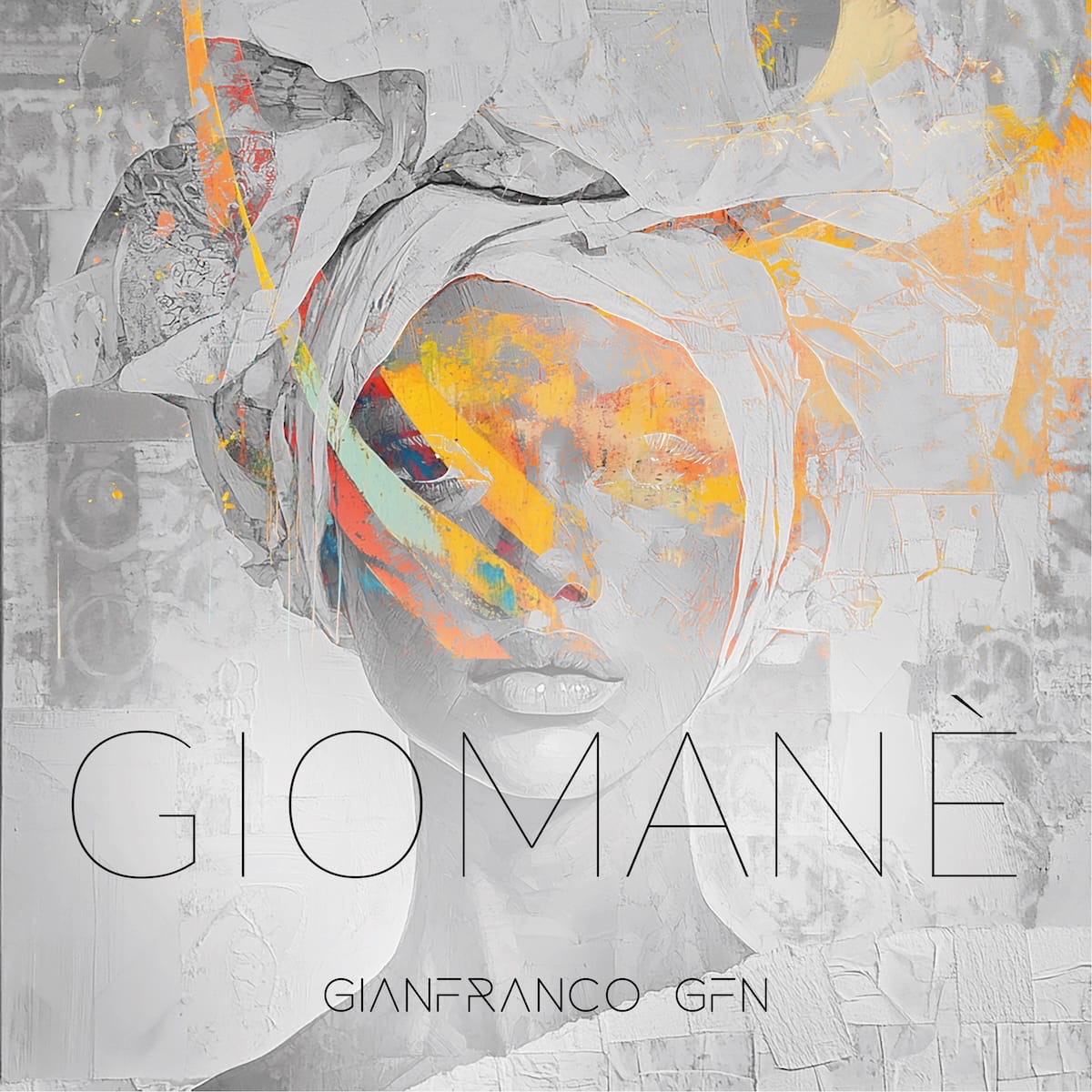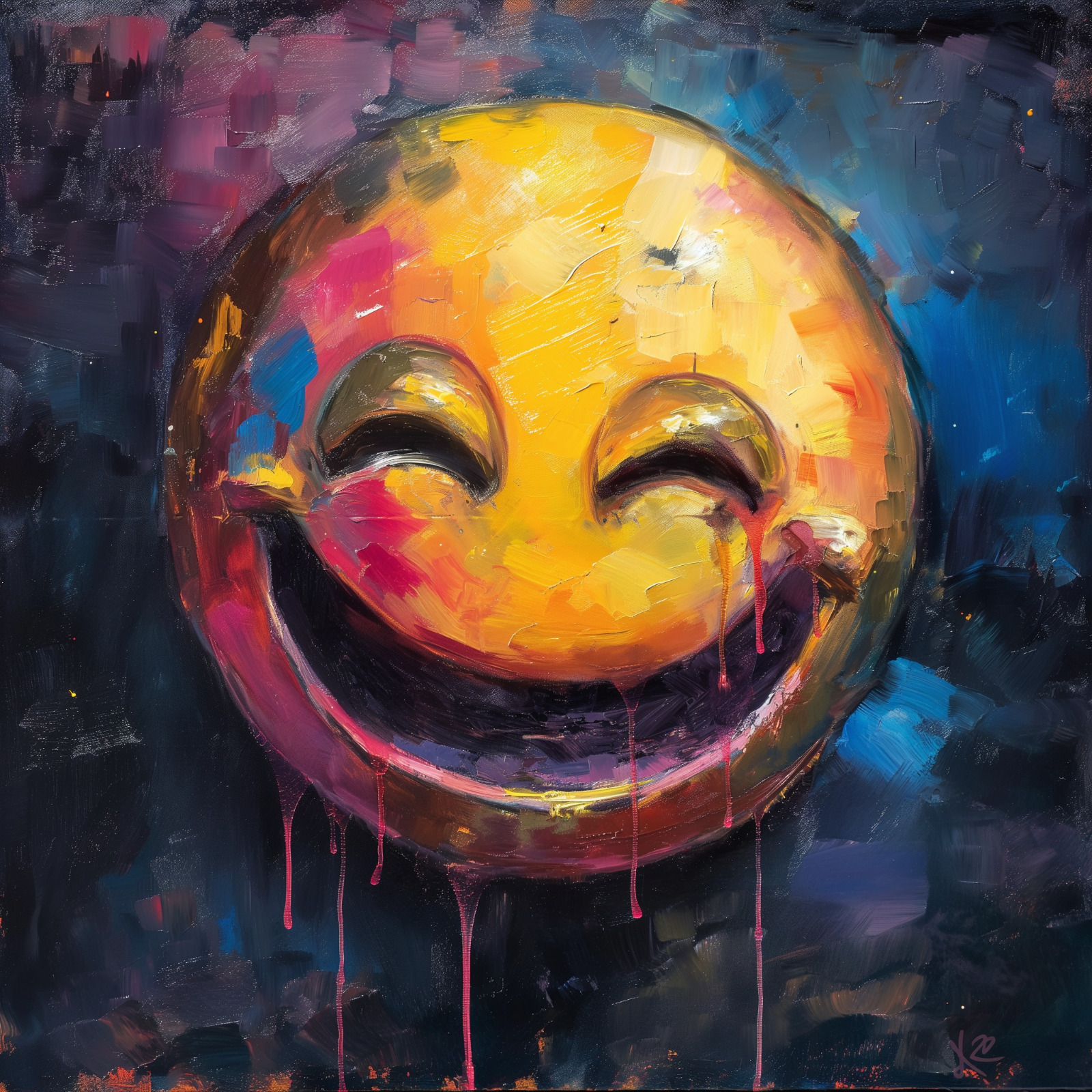Cranes have carved out a unique niche in alternative music with their haunting and enigmatic sound, characterized by Alison Shaw’s distinctively ethereal voice. Their music, often unsettling at first, gradually reveals its profound emotional depth upon repeated listening. Over the years, Cranes have continuously evolved, never sticking to a single style or mood, though they have found a home among fans of goth, darkwave, and dream pop—sometimes leaning more toward “nightmare pop.” The newly released six-CD box set *Collected Works, Vol. 1 (1989-1997) assembles nearly all of Cranes’ output from their tenure with Dedicated Records, the label that supported them throughout its existence. While a few remixes and Christmas compilation tracks are missing, and their early demo tape *Fuse* (1986) is absent (having been reissued separately by the band), the collection offers a comprehensive overview of their work from this era.

The set begins with the mini-album Self-Non-Self (1989), showcasing Cranes’ early sound as an industrial-influenced art rock group, where Shaw’s voice often melded with heavy drum machine beats and abrasive guitars. Their 1991 debut full-length, Wings of Joy, introduces a more delicate approach with acoustic guitars and neo-classical elements, while still maintaining intense moments like the Swans-esque “Starblood” and the somber “Sixth of May.” Forever (1993), the band’s commercial breakthrough, features the poignant “Jewel,” a standout track about longing for lost love, and represents their most emotionally resonant work. Despite its accessibility, Forever ranges from the ambient pop of “Cloudless” to the shoegaze waltz “Adrift,” with notable bonus tracks including varied versions of “Leave Her to Heaven” and Robert Smith’s Eastern-influenced remix of “Jewel.” Following Forever, Loved (1994) continues in a similar vein, opening with the dynamic “Shining Road” and incorporating surf-inspired elements in “Pale Blue Sky,” while “Lilies” exemplifies the band’s signature eerie, fairy-tale atmosphere. La Tragédie d’Oreste et Électre, intended as a double album with *Loved* but released separately in 1996, presents a departure from their usual sound with recitations of Jean-Paul Sartre’s poetry over neo-classical compositions. Population Four (1997), released just before the collapse of Dedicated and the band’s temporary disbandment, represents a more conventional alternative rock direction. However, it includes standout tracks like the uplifting “Can’t Get Free” and the exquisitely beautiful acoustic ballad “Sweet Unknown.”


